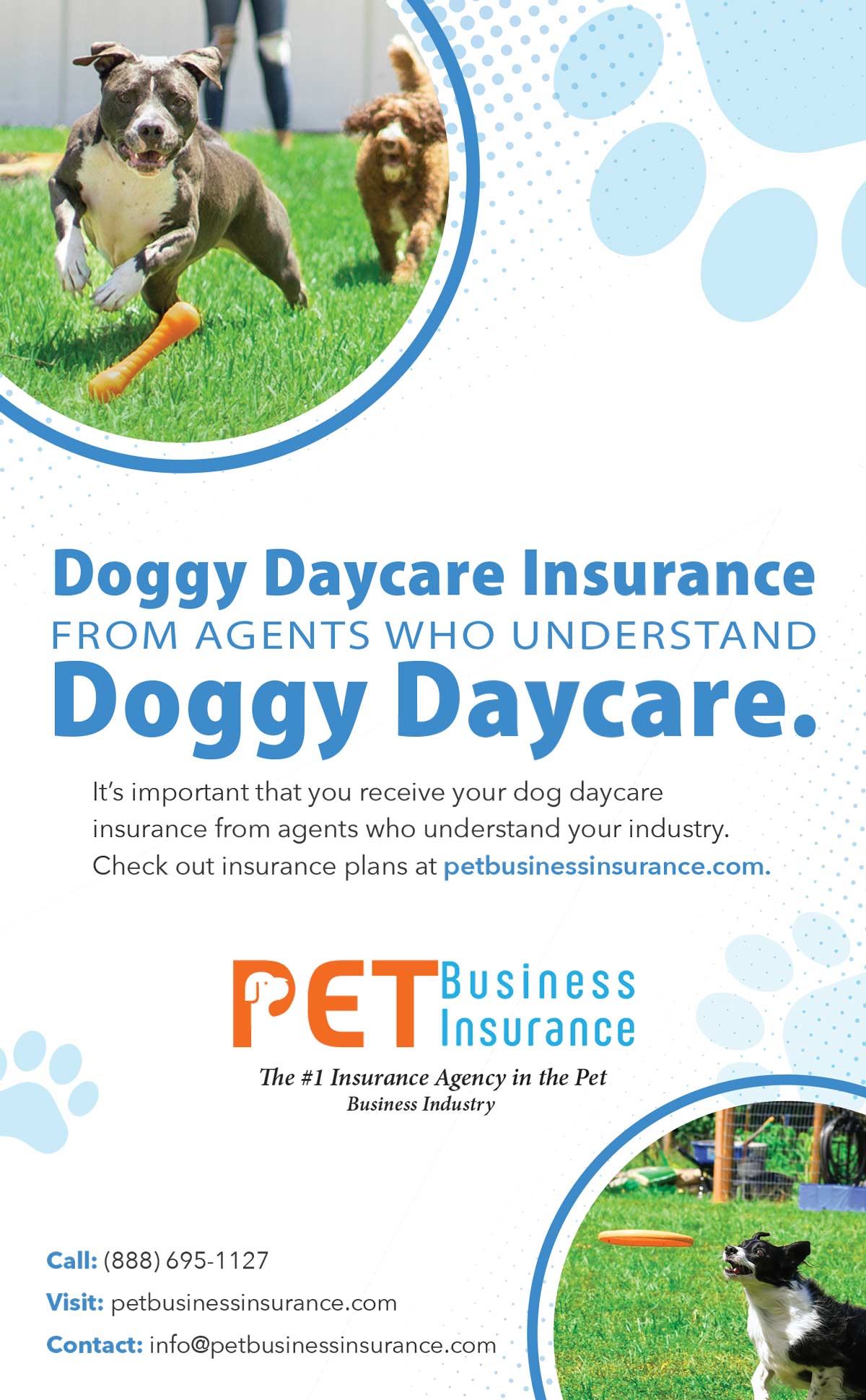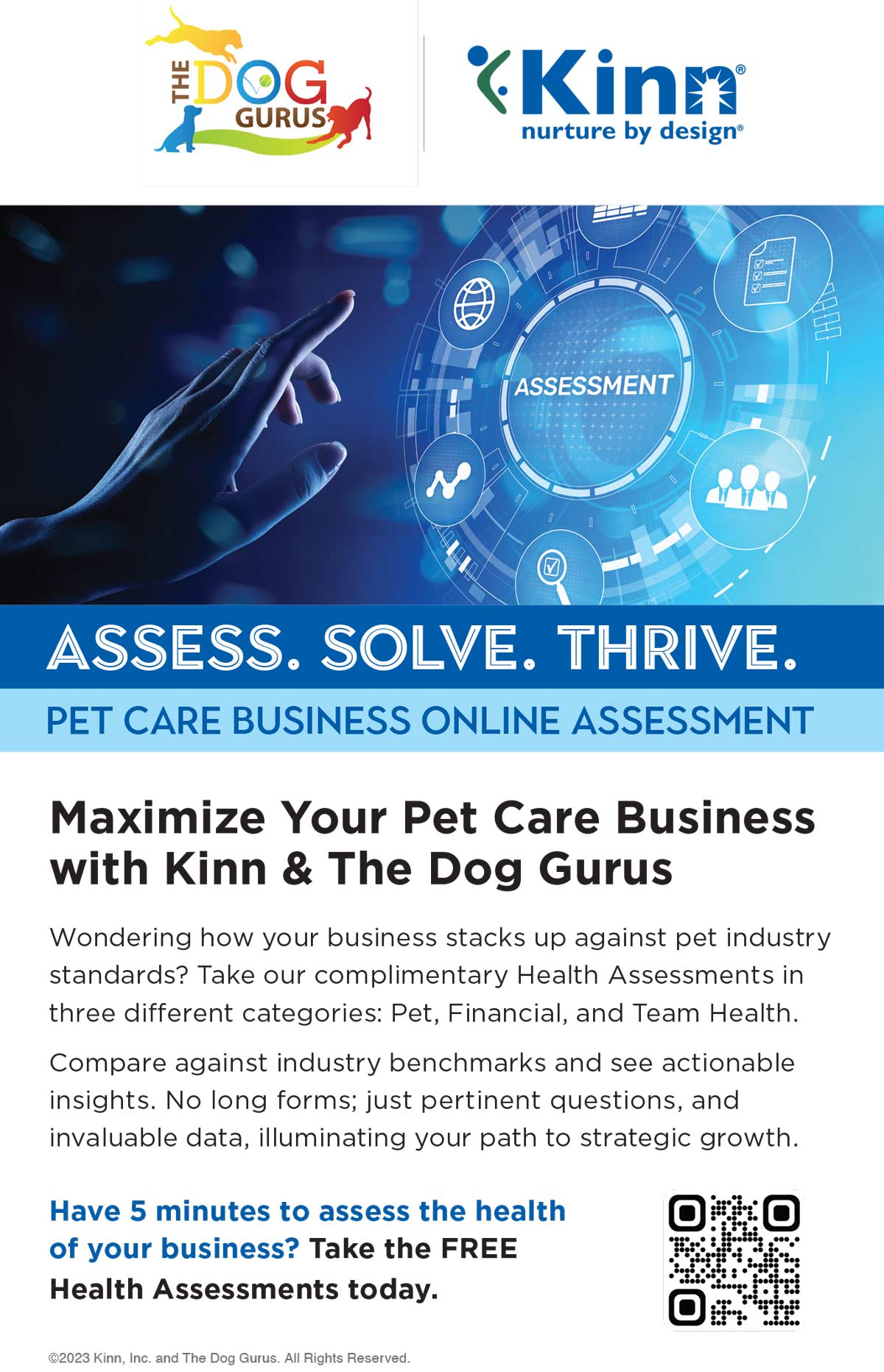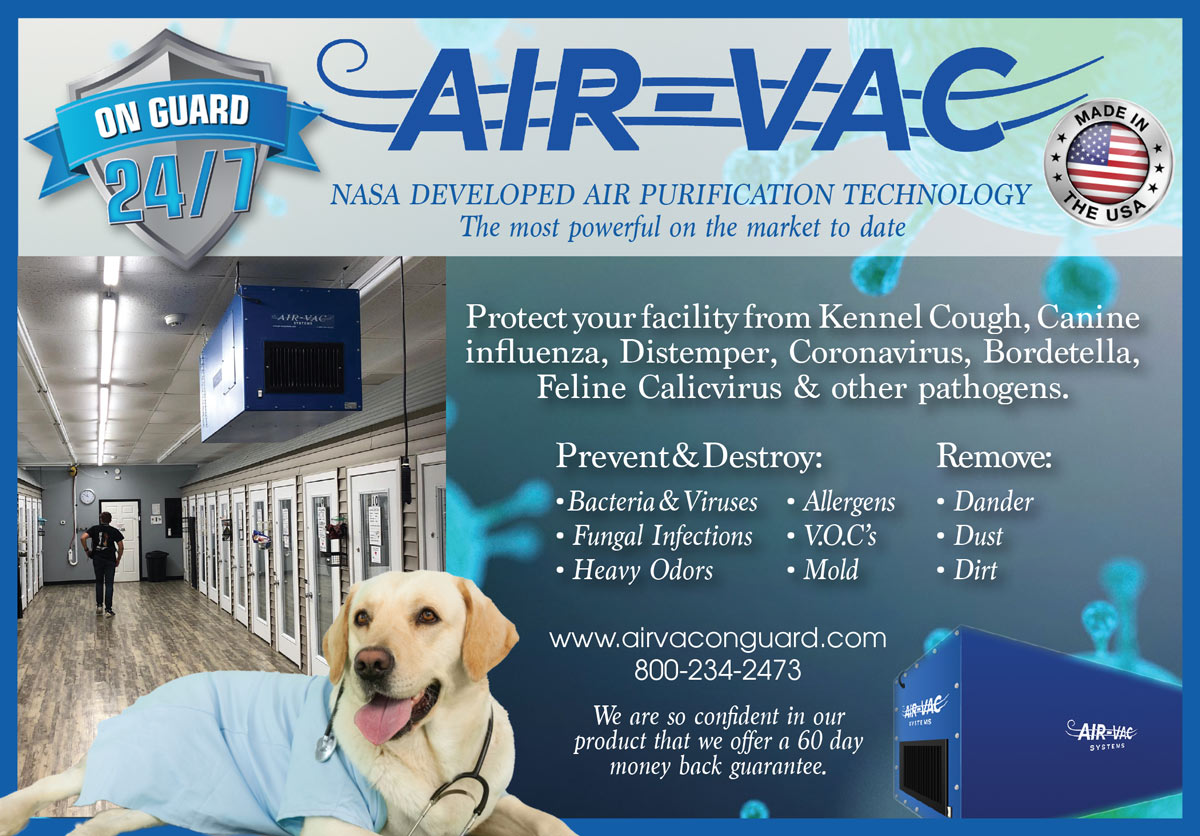 ogs get intestinal parasites; it’s a fact of life. Parasites and worms can be contracted from eating grass, drinking from streams, greeting other dogs, playing in a contaminated environment and, most repulsively, eating feces.
ogs get intestinal parasites; it’s a fact of life. Parasites and worms can be contracted from eating grass, drinking from streams, greeting other dogs, playing in a contaminated environment and, most repulsively, eating feces.
According to the Companion Animal Parasite Council, in 2022, the number of adult dogs testing positive for roundworms was one in 50, hookworms was one in 30 and giardia cysts was one in 15.1 At a doggy daycare with 100 dogs in the program, you could easily have two dogs with roundworms, three with hookworms and seven with giardia. One in eight dogs checking in for boarding will have one of these parasites. And, the numbers for dogs under one year of age are even higher.
Every day, these dogs will be contaminating your environment, spreading disease and putting your staff at risk. Dogs with intestinal parasites can often show no symptoms at all, while others can show signs of vomiting, diarrhea, lethargy, anemia, weight loss, malnutrition or, in severe cases, sepsis or death.
Parasites are not just bad for the health of the dogs in your care; they present a risk to the pet’s family and your staff. Hookworms, roundworms and giardia are all listed as zoonotic by the Centers for Disease Control (CDC).2 A zoonotic disease is a specific type of infectious disease that can be passed from animals to humans. And remember, that means not only are the pet parents at risk, but so is your staff. Zoonoses are an even greater concern during pregnancy and for immunocompromised individuals.
You may be thinking that pet parents routinely have fecal tests performed during their pet’s annual visit. However, there is something that gets in the way—compliance.
Compliance
In my 20 years of practicing, I was amazed at how low the compliance was for fecal testing. My practice ran at about 45% (which I later learned is really good), meaning less than half of my clients were bringing in fecal samples for testing. I tried reminding every pet parent, sending home prepaid cups, doing follow-up calls and providing literature, but I could not significantly increase from 45%. I heard every reason pet parents had for not complying; “My dog goes in the woods,” “I forgot it at home,” “My husband walks the dog” and “My dog doesn’t have worms.” Don’t get me wrong, there are some very diligent pet parents out there that get this done, but many do not. This is where you can advocate for the health of the dogs in your care.
Protect Your Pack
Parasites are spread from dog to dog and through contaminated environments. So why let parasites in when it is so easy to keep them out? Requiring fecal testing is as easy as requiring vaccines. You probably have scripts and intake forms to discuss your policies with new clients, and you can easily add fecal testing to that protocol.
Remember that “fecal testing” means a proper laboratory quality test; it is not good enough for you to look at a fecal pile and decide that you don’t see any worms. It is unusual to see worms in a sample with the naked eye. Giardia, coccidia, roundworm eggs and hookworm eggs are all microscopic, so detecting them must be done with a high-powered microscope in a laboratory setting.
Protecting your pack starts with screening pets in your facility regularly. Make sure you have written protocols for collecting, cleaning and disposing of feces. Staff should be wearing gloves and washing hands frequently. Include posted signs to remind staff of the importance of a clean environment. After all, your staff is part of the pack, so you want to keep them healthy, too!
Be a Part of the Solution
I recommend doing a “soft” rollout. If testing adult dogs every six months seems like a lot, start with annual testing. That is better than not testing at all. Consider setting up a parasite monitoring program. Pet parents will be thrilled that you are invested in their pet’s health.
You are caring for a precious family member, and pet parents trust you and have confidence in you. A “Healthy Pets, Healthy Packs” approach to parasites will put your brand above your competition.
References:
- Parasite Prevalence Maps. Companion Animal Parasite Council. https://capcvet.org/maps#/2023/all-year/roundworm/dog/united-states
- Diseases That Can Spread Between Animals and People. Centers for Disease Control and Prevention. https://www.cdc.gov/healthypets/diseases/index.html
- Parasite Testing and Protection Guided by Veterinarians. (2022, Sept 16). Companion Animal Parasite Council. https://capcvet.org/guidelines/general-guidelines
Dr. John Beres is a veterinarian who owned and operated a boarding and daycare facility along with his general practice for 12 years. He is now the CEO and owner of Canine Lab Testing. Canine Lab Testing partners exclusively with doggy daycare and boarding facilities to provide “Healthy Pets Healthy Packs” solutions, including parasite prevention programs. He can be reached at testyourdog@caninelabtesting.com and found on LinkedIn at www.linkedin.com/in/johnpberesdvm


